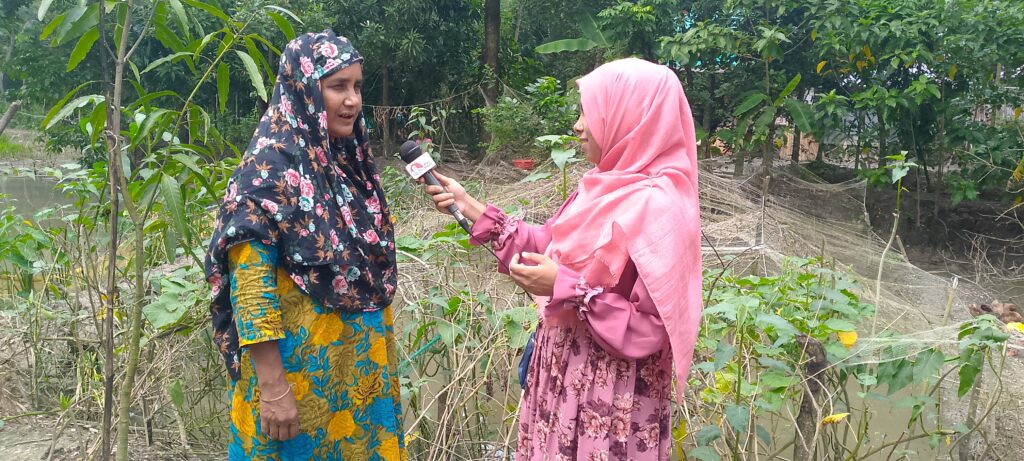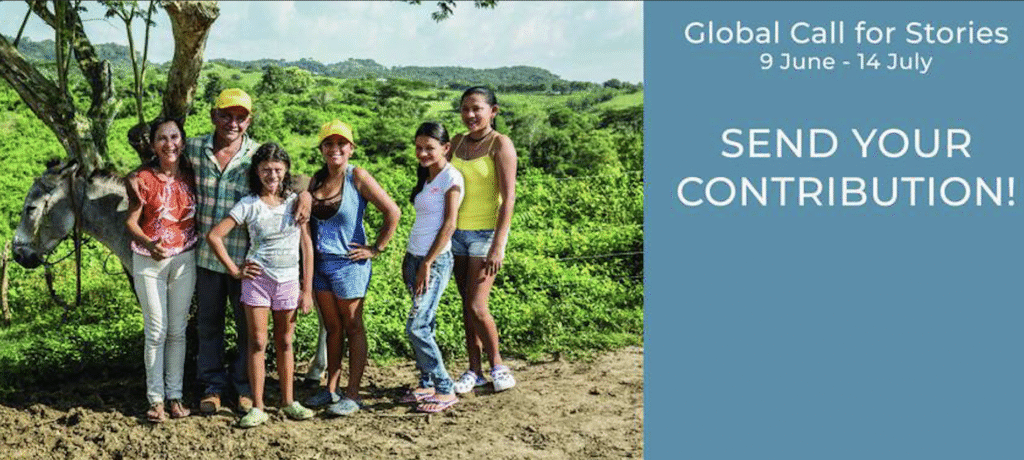Fostering engagement in the policy processes and program development of UNDFF: The Case of ARDKPP in the Philippines
At its 72nd Session, the United Nations General Assembly proclaimed 2019-2028 as the UN Decade of Family Farming (UNDFF) building on the achievement of UN’s International Year of Family Farming (IFYY) in 2014, which put family farming at the center of national agendas and agricultural, environmental and social policies towards equitable and sustainable development. “UNDFF serves as a framework for countries to develop public policies and investments to support family farming and contribute to the achievement of the SDGs [Sustainable Development Goals]” (FAO and IFAD, 2019, p. 8-9).
The UNDFF taps into the pivotal role of family farming to promote “diversified and innovative food systems” while contributing to the 2030 Development Agenda for Sustainable Development. In FAO and IFAD’s telling, “nothing comes closer to the paradigm of sustainable food production than family farming” (p. 7). Recognized for their multidimensionality and multifunctionality, family farmers are seen as “key actors” and “caretakers” as they “produce most of the world’s food,” “preserve biodiversity,” “manage natural resources and ecosystems,” “preserve and share traditional knowledge,” and “contribute to the resilience of people and ecosystems” (p. 10). In short, family farmers contribute to the attainment of the three dimensions of sustainable development, namely economic growth, social inclusion, and environmental protection. To support Food and Agriculture Organization of the United Nations (FAO-UN) and the International Fund for Agricultural Development (IFAD).
In the Philippines, one of enabling mechanisms in the implementation of UNDFF is the Agriculture and Rural Development Knowledge and Policy Platform (ARDKPP), a technical working group composed of various international and local stakeholders, including prominent farmers’ organizations, non-government organizations, IFAD, FAO-UN, the Department of Agriculture (DA), the Department of Agriculture (DA), and DA-Agricultural Training Institute (ATI), the Department of Agrarian Reform (DAR), academic and research institutions, among others.
The initiation of ARDKPP can be traced to a joint advocacy among farmers’ federations and CSOs leading to the approval of the UN Resolution in 2012, which eventually became the UN Declaration for the International Year for Family Farming (IYFF) in 2014 (FAO-IFAD, 2021). The major achievements of ARDKPP include:
(a) Knowledge and Learning Market – Policy Engagement (KLMPE) Conference which is an annual two-day conference bringing together stakeholders participating in knowledge-sharing sessions, exhibits, agricultural product displays, interactive workshops, testimonies and cultural performances, and policy engagement sessions with key government officials.
(b) National Action Plan (i.e., PAP4FF). The Philippine National Action Plan for Family Farming (PAP4FF) is the national action plan of the country to contextualize the implementation of the UNDFF Global Action Plan. A series of consultation meetings and planning workshops to draft this document was organized among DA-attached agencies and bureaus, CSOs, NGOs, youth groups, farmer organizations, as well as NGAs, SUCs, and research institutions Read the case study (abridged version) here.
(Note: This article is originally published in the AFA website.)



